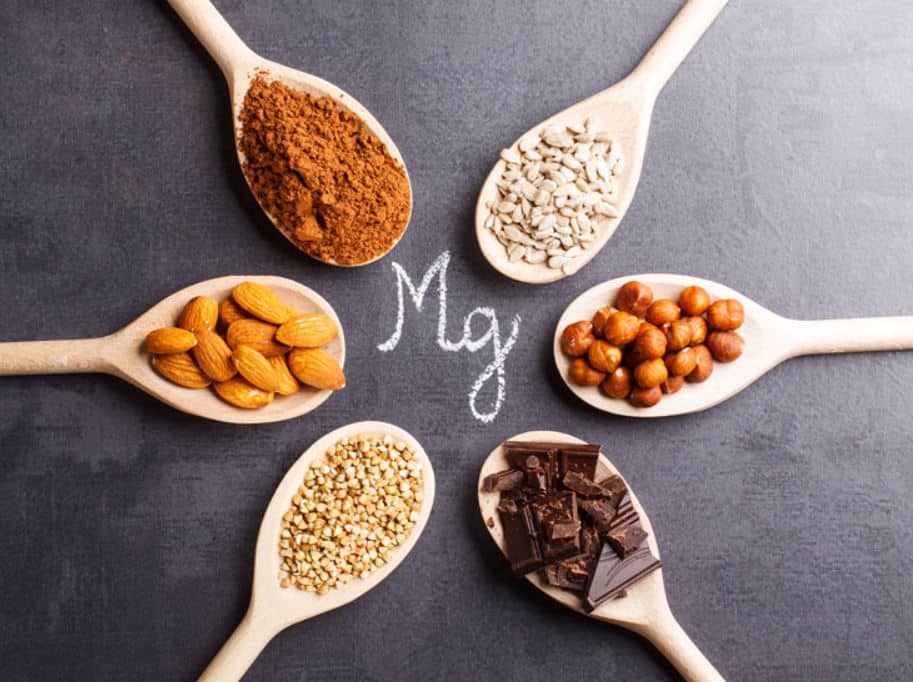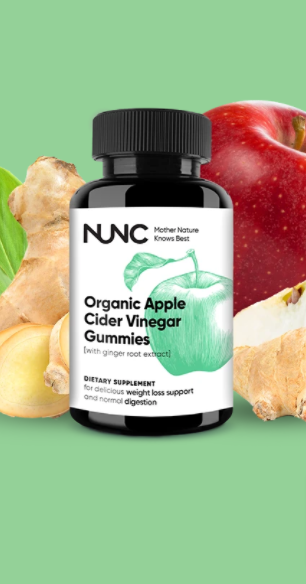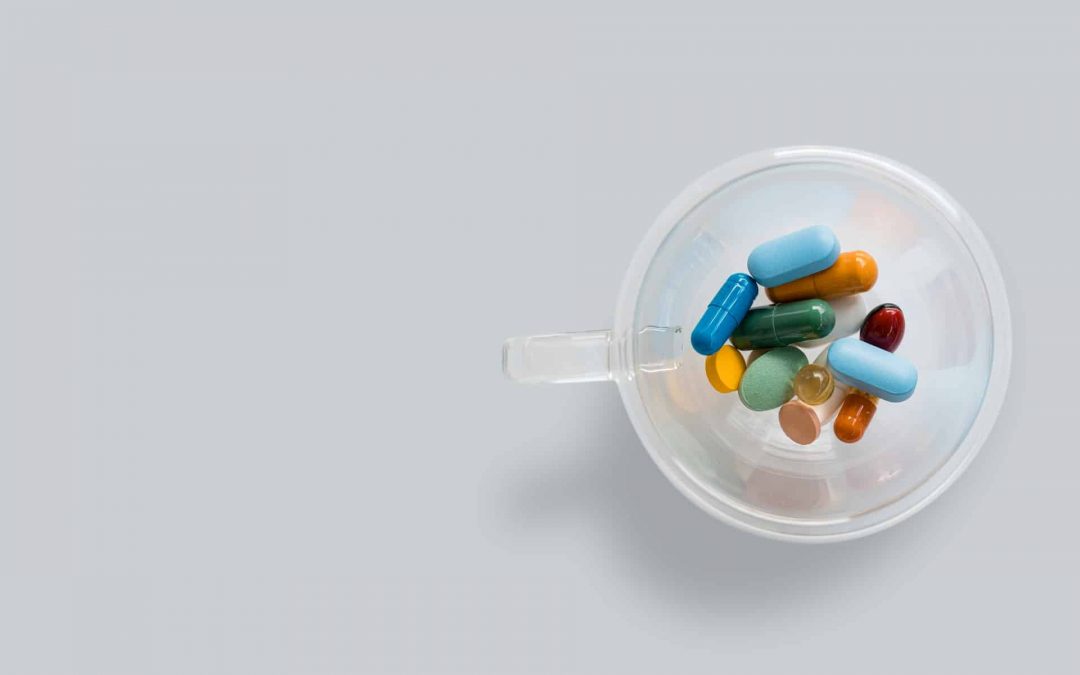The human body is naturally rich in magnesium and can be consumed through foods such as legumes, green vegetables, seeds, nuts, dairy products, etc. But, magnesium deficiency is pretty common due to a lot of factors such as poor diets, certain medication, etc.
This requires the use of supplements, which come in different forms of magnesium; capsules, salts, oils, creams, and powders. There are different types and forms of magnesium; some might help you sleep better, some might relieve you from stress and anxiety, some will soothe post-workout aches, and so on. But what can you exactly know which type of magnesium supplement is best for you?
In this article, we will focus on two popular types of magnesium: magnesium glycinate and magnesium citrate among other ones (such as magnesium chloride, magnesium oxide, magnesium sulfate, magnesium malate, etc.)
Which one is the best magnesium supplement? Keep reading to know the answer.
Contents
What Is Magnesium Glycinate?

In general, magnesium is an essential nutrient for the human body. And, Magnesium Glycinate, also known as Magnesium Bisglycinate is a widely available magnesium supplement.
The recommended daily amount of magnesium that you need to consume, aka the recommended dietary allowance (RDA), is as follows:
For Children
- 1-3 years: 80 mg
- 4-8 years: 130 mg
- 9-13 years: 240 mg
For Females
- 14-18 years: 360 mg
- 19-30 years: 310 mg
- +31 years: 320 mg
For Males:
- 14-18 years: 410 mg
- 19-30 years: 300 mg
- +31 years: 420 mg
You can easily increase your magnesium levels through natural food such as:
- Pumpkin seed: 168 mg per serving
- Almonds: 80 mg per serving
- Spinach: 78 mg per serving
- Cashews: 74 mg per serving
- Peanuts: 63 mg per serving
- Cereal: 61 mg per serving
- Soymilk: 61 mg per serving
- Black beans: 60 mg per serving
- Dark chocolate: 50 mg per serving
- Peanut butter: 49 mg per serving
- Avocado: 44 mg per serving
- Potato: 43 mg per serving
- Brown rice: 42 mg per serving
- Yogurt: 42 mg per serving
- Oatmeal: 36 mg per serving
- Banana: 32 mg per serving
- Salmon: 26 mg per serving
- Milk: 24–27 mg per serving
What Are The Benefits Of Taking Magnesium Glycinate?

It Helps You Get A Better-Quality Sleep
Many of us suffer from poor sleep and insomnia, which is why we tend to focus on taking an additional amount of magnesium to enhance our sleep. Magnesium Glycinate is one of the best sleep aid supplements as magnesium in general is an important nutrient for muscle relaxation.
Having adequate magnesium levels will reduce stress and help you stay asleep longer to wake up more energetic and refreshed.
It Enhances Your Memory
Studies have also shown that Magnesium Bisglycinate will boost your memory performance and learning abilities. Magnesium L-Threonate is another form of magnesium that has also incredible benefits on the brain. It prevents multiple brain disorders and helps manage them. For instance; depression, memory loss of aged people, etc.
It Helps With Your Headaches
Taking Magnesium Glycinate can be very efficient in preventing headaches and migraines as Magnesium deficiency can be directly linked to migraine development (direct effect on the nerve cells and brain waves). Studies have also shown that fulfilling the daily need for Magnesium was able to reduce the frequency of a migraine attack by 41.6%.
It Lowers Your Blood Pressure
Having adequate levels of magnesium has a very positive impact on blood pressure as it boosts the production of nitric oxide, a molecule that helps with the relaxation of blood vessels.
However, Magnesium Taurate is also considered one of the best magnesium supplements to balance your blood pressure.
It Regulates Your Blood Sugar
Magnesium is known to help break down sugar in the body, which makes it efficient in decreasing insulin resistance and balancing your blood sugar levels. Being deficient in magnesium might result in disorders such as type 2 diabetes.
It Helps Ease PMS Symptoms
Magnesium Glycinate is the best magnesium supplement to ease PMS (Premenstrual Syndrome) symptoms for women and manage them. These can include stress, anxiety, depression, insomnia, water retention, as well as breast tenderness. Magnesium Bisglycinate will work on lowering prostaglandins in your body and enhance estrogen detoxification, which will eventually relieve the pain and discomfort of Premenstrual Syndrome as well as Menstrual cramps.
It Relieves Cramps
Low magnesium levels can easily result in muscle cramps as it plays a big role in neuromuscular transmission and muscle contraction. This is why, whether it is menstrual cramps or leg cramps, Magnesium Glycinate is an amazing supplement for women especially pregnant ones as they experience intense leg cramping.
It Keeps Your Bones Healthy
We often think that bone health is only related to Calcium. But you also need to get enough magnesium as it has a big influence on other nutrients involved in bone formation (vitamin D, and parathyroid hormone). So even though the stored magnesium in bones is not passive, it still plays a big role in their stabilization, growth, as well as mineralization, which ultimately means that magnesium deficiencies equal weak bone structure.
What Should You Not Take With Magnesium Glycinate?
As we said above, consulting with your doctor is necessary since Magnesium Bisglycinate can interact badly with certain medications such as antibiotics.
Magnesium can also interact with Bisphosphonates which are used for Osteoporosis (weak bones), as it can interfere with the medication’s absorption.
It is recommended to take your Magnesium supplement 2 to 6 hours before consuming any of these medications.
Which Type Of Magnesium Is Best?

There are different types of magnesium supplements, including:
- Magnesium Glycinate (or Magnesium Bisglycinate)
- Magnesium Citrate
- Magnesium L-Threonate
- Magnesium Taurate
- Magnesium Malate
- Magnesium Oxide
- Magnesium Chloride
- Magnesium Lactate
- Magnesium Sulfate
Choosing the best one of them depends on the properties you look for; the medical purpose of their use, their bioavailability and how easy their absorption into the body is, and of course their side effects.
Taking a supplement should always be supervised by a doctor to avoid severe side effects, interactions with other medications, or overdoses.
Which Is Better Magnesium Glycinate Or Magnesium Citrate?

Magnesium Glycinate Vs. Citrate
Both Magnesium Glycinate and Citrate are recommended supplements of Magnesium.
Magnesium Citrate is one of the best magnesium supplements. This form of magnesium is bound to citric acid and has a laxative effect, which might occur as a bad thing as it increases gut motility but it can actually be beneficial to treat constipation. Magnesium Bisglycinate, on the other hand, is less likely to cause diarrhea and is known for its high absorbency, which makes it one of the most consumed magnesium supplements. It is combined with an Amino Acid (can also be called Amino Acid Glycine) that works with multiple neurotransmitters to calm your body and mind, which makes it perfect to improve sleep and relieve stress.
Overall, both supplements are great as they are more bioavailable than other types of magnesium supplements. They are ideal to meet your daily magnesium needs or to correct a magnesium deficiency.
Conclusion
Magnesium is an essential nutrient for a healthy body, but some people might suffer from magnesium deficiencies and resort to magnesium supplements.
While the types of magnesium supplements are numerous and vary between dietary supplements and topical ones, we prefer to talk about Magnesium Glycinate and Magnesium Citrate thanks to their numerous benefits. After reading our article, you get that the bottom line is them being both amazing magnesium supplements, but used for different purposes.
For instance, if you suffer from constipation, Magnesium Citrate supplements are the ones for you thanks to their laxative effect. However, if you want to treat mental disorders such as insomnia, stress, and anxiety, use Magnesium Glycinate.
You can even find supplements combining the two types. Just make sure to work with your doctor to determine your necessity for a supplement, and keep an eye for any side effects and avoid risks of overdoses. What is your favorite magnesium supplement? Let us know in the comments.











0 Comments